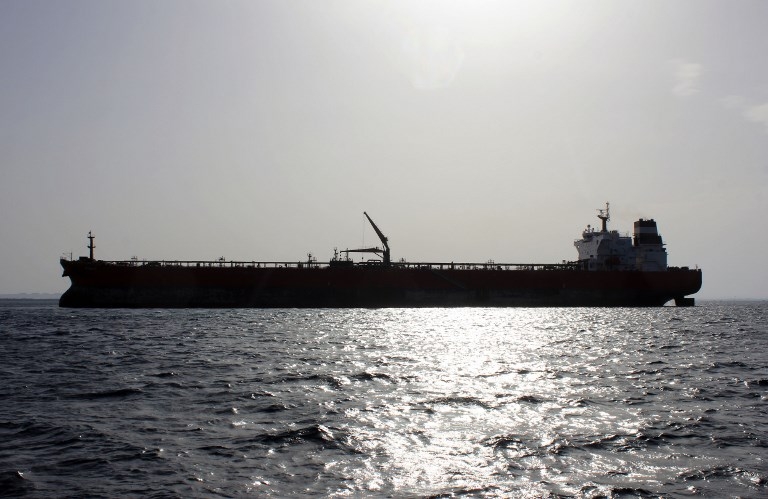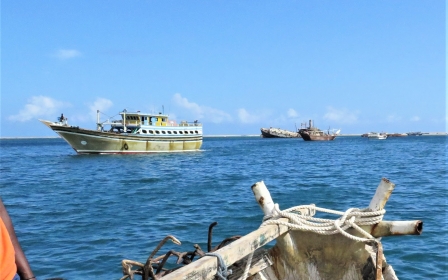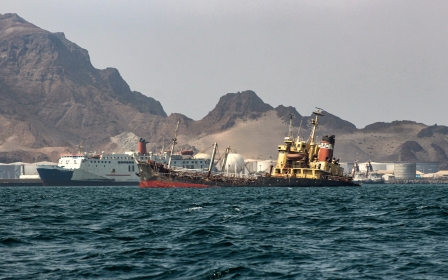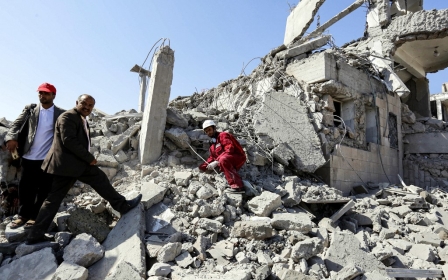UN given access to decaying Yemeni oil tanker at risk of exploding

An oil tanker at risk of exploding in the Red Sea and causing an environmental disaster will finally be inspected by the United Nations after an agreement with Yemen's Houthi rebels, two UN sources familiar with the matter said.
There has been increasing anxiety over the tanker and the potential impact of its 1.1 million barrels of crude oil polluting the Red Sea, where it has been stranded near Yemen's Ras Issa port terminal, north of Hodeidah port, for five years.
Seawater had been pouring into the decaying tanker, which had been used as a storage and offloading vessel, and the UN warned this week that water had entered the engine room, increasing the urgency to act.
The sources said that the Iran-aligned Houthi group, which controls Ras Issa port, sent a letter approving the deployment of a UN technical team to the tanker.
UN spokesman Stephane Dujarric said on Friday the mission will carry out light repairs and assess the risks for the tanker.
New MEE newsletter: Jerusalem Dispatch
Sign up to get the latest insights and analysis on Israel-Palestine, alongside Turkey Unpacked and other MEE newsletters
The United Nations is also discussing with Yemen's warring parties about arranging the sale of the crude and dividing proceeds between Yemen's Saudi-backed government and the Houthi group that ousted it from power in the capital, Sanaa, in late 2014.
At the most recent meeting in late June, the UN Security Council said the Safer oil tanker could rupture or explode, causing an environmental, economic, and humanitarian catastrophe for Yemen and its neighbours.
The Security Council is scheduled to hold a meeting on Wednesday to discuss the Safer tanker issue which has been mired in disputes over control of ports and revenues.
Yemen's oil output has collapsed since a Saudi-led coalition intervened in Yemen in March 2015 against the Houthis, who control Sanaa and most big urban centres, including the main Red Sea port of Hodeidah.
The Saudi-backed government holds eastern and southern areas where Yemen's oil-and-gas fields are located.
The war has killed more than 100,000 people and caused what the UN describes as the world's largest humanitarian crisis.
The United Nations recently launched virtual talks among the parties to agree a permanent ceasefire and confidence-building steps to restart peace negotiations. But discussions have been complicated by a surge in violence since late May, when a temporary truce prompted by the coronavirus pandemic expired.
Middle East Eye delivers independent and unrivalled coverage and analysis of the Middle East, North Africa and beyond. To learn more about republishing this content and the associated fees, please fill out this form. More about MEE can be found here.




